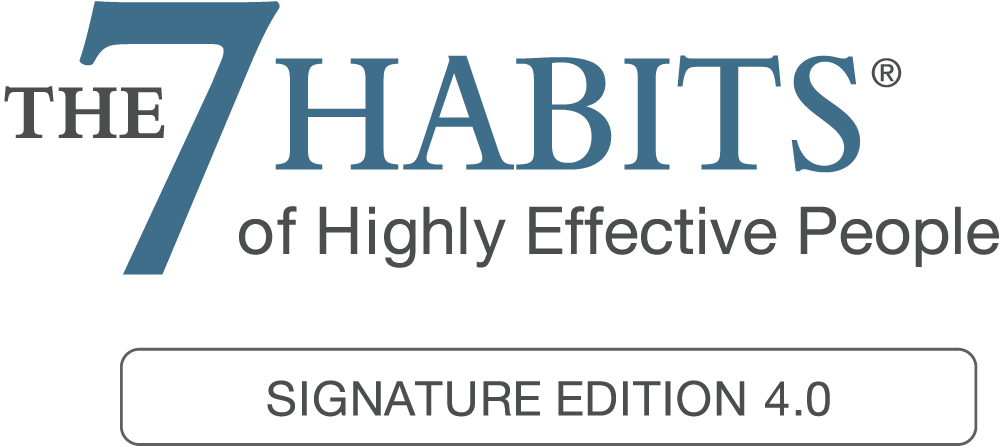Effective teamwork is at the heart of every successful team project. While some teams may work well together with seemingly little effort, there are specific elements of successful teamwork that you and your team can learn. In this article, we discuss the three elements necessary for effective teamwork and we offer tips for improving the results of your next team project.

Three elements of successful teamwork
Before working on your next team project, consider starting with clear goals, roles and communication methods for the group:
1. Clearly defined goals
The success of any project starts with a clearly defined goal that is shared with all members of the team. You can create a clear purpose by forming a mission statement, setting OKRs (objectives and key results), setting key performance indicators (KPIs) or defining specific deliverables. When a team shares a specific goal, it helps to prioritize time and resources. It also helps your employees understand their roles and how their work contributes to the overall success of the project. Consider setting SMART goals, or goals that are specific, measurable, attainable, relevant and time-bound.
Example: Your customer service team currently has a three-day turnaround for processing customer returns. Your mission statement is to improve customer service, and your goal for the group project is to process returns for all customers within two days.
2. Clearly defined roles and rewards for each team member
When each member of the team understands the role they play in meeting the project goals, they’ll be able to stay focused on their responsibilities towards the project’s success. Rewarding team members for meeting early goals and/or making significant progress helps your team members stay motivated and on track for the project’s completion.
Recognition can also help your fellow team members remember the importance of their role in the project and increase morale. Both team leaders and individual contributors should give positive feedback by noting exceptional work or praising a valuable idea. Recognizing your coworkers as you work toward a common goal can help motivate the entire team.
Example: During your scheduled meetings, plan time to recognize the successes of team members. Base these affirmations on milestones so team members understand what they have achieved and so other members know what work they should model going forward. The benchmarks can be small—you do not need to limit recognition to major achievements.
3. Open communication
Open, honest and respectful communication is vital to effective teamwork. Team members need to feel comfortable expressing their ideas and opinions so each individual contributes to their full potential. Clear communication leads to more trust among team members and breaks down barriers that can make a team's work slower and less effective.
To set a foundation for strong communication, establish expectations and best practices. This includes when and how you should use different methods of communication, such as emails, online messaging, phone calls and meetings.
Example: If you have an ongoing project, schedule short meetings to review progress. Give every team member equal time to relay their wins and losses. Set aside time for the group to help solve problems an individual is facing or give constructive feedback. You might explain that you will be using chats to discuss day-to-day work and a weekly email to communicate important updates and milestones.
More tips for effective teamwork
Once you’ve covered the basics of teamwork, you can improve your chances of success by following these additional tips.
Create a productive work environment
Each team-based project will thrive in a different work environment depending on its team members and goals. Begin your project by tailoring the physical space you occupy to meet your needs. When creating this space, think about the tools your team may require, access to contributors or stakeholders outside of your team and the time they will need to occupy the space.
Example: If you are working on a creative task that requires a team to brainstorm ideas together then find a quiet conference room where employees can feel comfortable exchanging ideas. The room should be equipped with necessary tools, which may include a whiteboard and laptops with specific software.
Be creative
Creativity is an important component of a successful team project. Creative problem solving and experimentation are vital concepts to engage in as a group. Doing so can utilize everyone's unique perspectives to create more varied solutions.
Example: Using our example from above, if your goal is to reduce customer service turnaround for processing customer returns, then set aside time for brainstorming sessions with your team and encourage creative solutions. For instance, upgrading your software could reduce turnaround time. Gathering specific information from customers could speed up the return process. Since different employees will have different ideas, you’ll end up with multiple ways to achieve your goal.
Meet outside the workplace
While you may have tailored your work environment to meet all of your team's needs, sometimes team members feel more comfortable in a setting outside of work. Meetings outside of the office also allow coworkers to build rapport and grow closer as a team, all of which can increase creativity.
Example: Schedule a group lunch at a nearby restaurant or a coffee shop afternoon break.. These meetings can be formal with team-building exercises, or just an informal chance for team members to relax and spend time together. Depending on the length of your project, you may want to schedule a recurring event, such as a team lunch every two weeks to discuss new ideas and recognize individual team members for their progress.
|
Training Program  The World's Most Powerful Solution
|
||||||||||||||||||||||||||||||
| TẠI ĐÂY |











